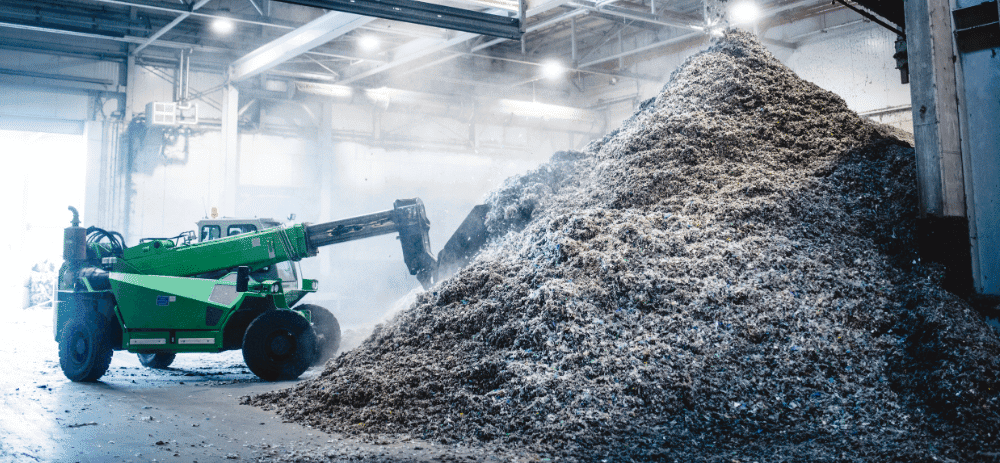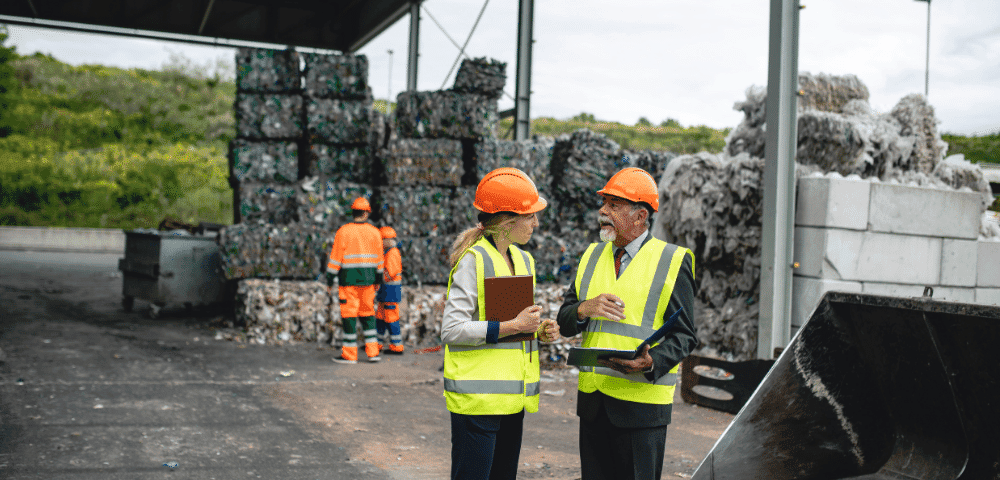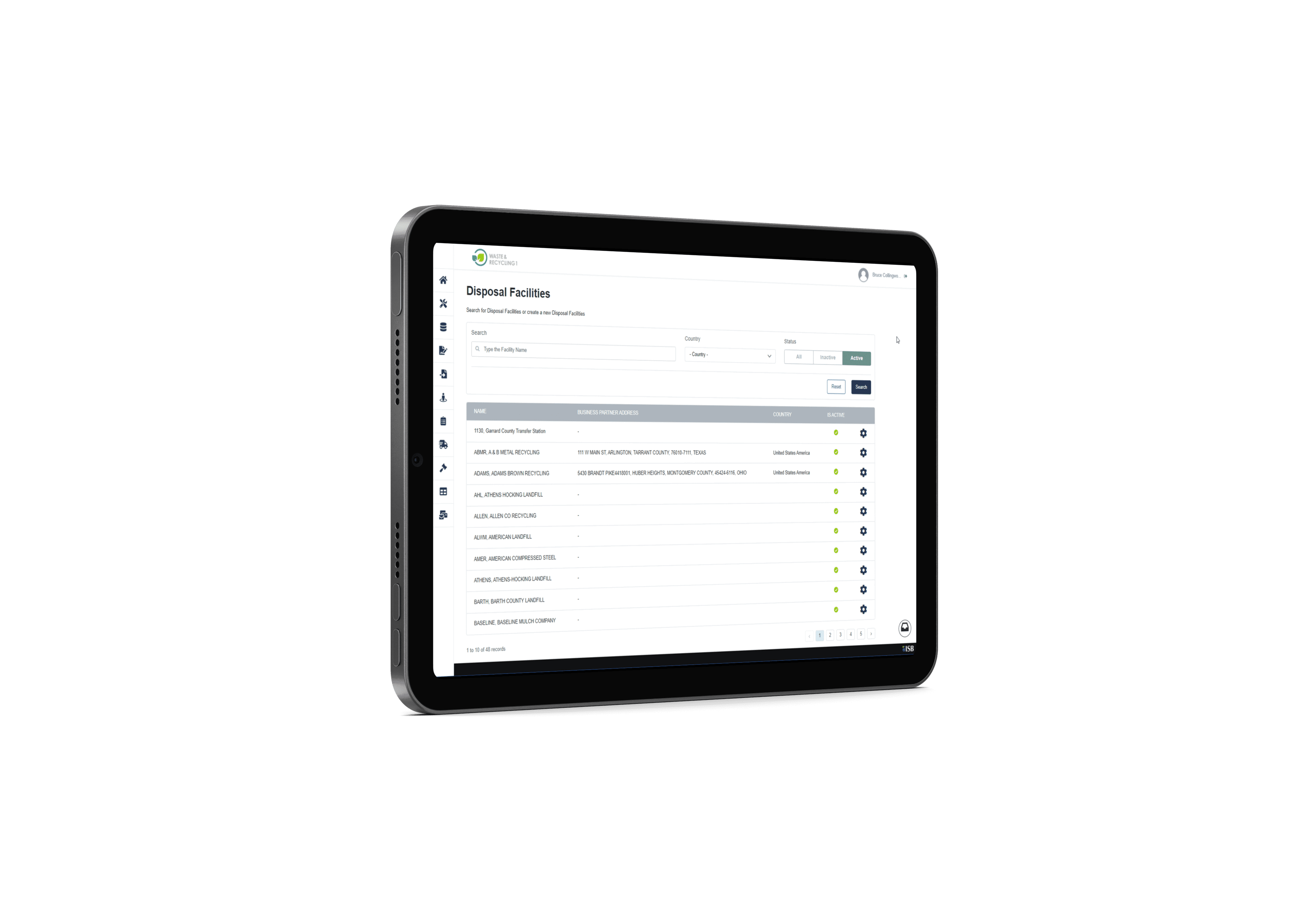Industry challenges
Both waste transfer stations and landfills present a complex set of environmental and logistical hurdles. Transfer stations, while improving efficiency, can generate noise, dust, and odours, impacting nearby communities. Sorting recyclables at transfer stations adds another layer of difficulty, requiring specialised equipment and training to avoid contamination. Worker safety and limited space in urban areas are additional challenges, alongside high construction and operational costs.
Landfills present a different set of problems. They can pollute air and water through methane emissions and leachate, harming the surrounding environment. Landfills also consume significant land and disrupt aesthetics, impacting property values and community well-being. Strict regulations to minimise environmental impact also add complexity, requiring ongoing monitoring and long-term management even after closure.
Moving forward, a combination of strategic planning, robust regulations, community engagement, and investment in sustainable technologies is essential. Emphasising waste reduction, reuse, and recycling is crucial to minimise reliance on both transfer stations and landfills.
Read more about waste industry challenges →





